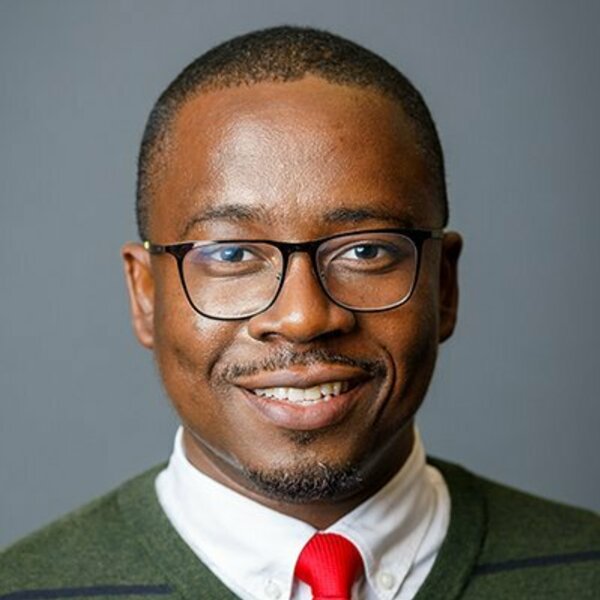Bernard Forjwuor
Assistant Professor, Africana Studies
Biography
Bernard Forjwuor is an Assistant Professor of Africana Studies at the University of Notre Dame. He is also a concurrent faculty member with the Department of Political Science (specializing in political theory) and a faculty fellow with the Initiative on Race and Resilience, the Kellogg Institute for International Studies, and the Klau Institute for Civil and Human Rights. He is a black political theorist and philosopher with research interests in black political thought, African political thought/philosophy, critical theory, critical theories of race and colonialism, postcolonial theory, decolonial theories, and contemporary political theory.
His first book, Critique of Political Decolonization, is an antinormative and critical refutation of the decolonial accomplishment of political independence or self-determination in Ghana. It challenges what, in normative scholarship, has become a persistent conflation of two different concepts: political decolonization and political independence. Whereas political decolonization refers to the ontological/conceptual framework in which the political dismantling of the colonial is fully explicated, political independence is at best an ontic referent/representation of such decolonial political conditions, in which case colonial territorial dissolution constitutes only one such decolonial political manifestation. Both conceptually and etymologically, then, these concepts are distinct since an ontic referent cannot fully elaborate the ontological framework of which it is merely a part. Thus, the book draws our attention to the fact that political independence (the end of colonial territorial occupation) is insufficiently a decolonial claim because it is framed within the context of a country (such as Ghana as a non-settler colonial arrangement) where a permanent colonial settlement was never deemed necessary for the consolidation of future colonial political obligations/control. Political independence in Ghana, then, fails to rise to the level of an ontic referent of decolonization if colonialism includes the inevitability of colonial territorial dissolution. Thus, political independence, even if it is an important political act, is at best tautological or speculative given that the perpetuity of the colonial includes the accomplishment of the very act of political independence. So, while territorial dissolution was politically engineered by Ghanaians, the colonial merely reconstitutes itself in different legal and ideological forms.
He is currently working on his second book, Colonial Construction of Race. This project interrogates and challenges the various ways race is defined, constituted, contested, deployed, and negotiated. Building on the Foucauldian concept of governmentality, he offers a new definition of race as both constructed by, and the condition of possibility for the replication and legitimation of, colonialism. By defining race as constituted by a colonial governmental genealogy, this project shifts the conceptual gaze away from the biological or ethnic ancestry of origins and the social construction argument of the concept.
Bernard Forjwuor joined the University of Notre Dame from Whitman College in Walla Walla, Washington where he was a visiting assistant professor of politics. Prior to Whitman, he was a Burke, Hoffman, Kolman Teaching Scholar in the First Year of Studies at Notre Dame, and a Consortium for Faculty Diversity (CFD) Postdoctoral Fellow in Politics at Mount Holyoke College. He received a Ph.D. in African American Studies from Northwestern University, a master’s degree in Theatre Studies from the University of Guelph, dual master’s degrees in African Studies and Political Science from Ohio University, and a bachelor’s degree in Theatre Studies and English from the University of Ghana.
